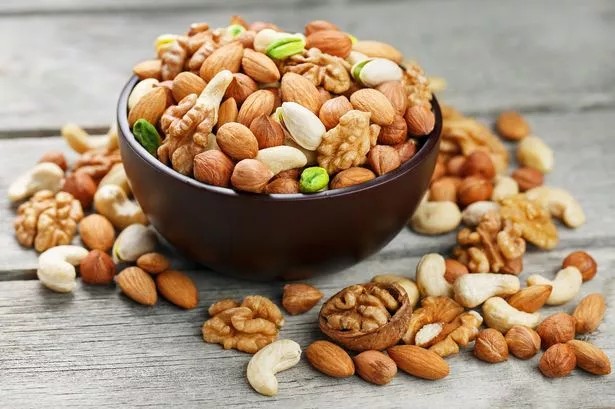One everyday nut could cut cholesterol and shield your heart — walnuts emerge as a powerful, doctor-backed ally
Free radicals—unstable molecules produced by pollution, smoking, X-rays, and a poor diet—can damage DNA inside our cells and fuel inflammation. This is part of why heart disease and aging are linked to what we eat. Against that backdrop, a single common nut is being touted as a daily shield: walnuts. A doctor known for appearances on ITV’s Lorraine explains how eating walnuts almost every day could help cut cholesterol and protect the heart. The message is simple: a small habit with big potential.

In This Article:
Walnuts: Antioxidants in the papery skin
Walnuts are packed with Vitamin E, melatonin and polyphenols, which are particularly high in their papery skin, says Dr Amir Khan. These antioxidants can help reduce DNA damage from free radicals and quell inflammation in the body. “Walnuts also have more omega-3 fats than any other nut.” The omega-3 in walnuts is called alpha-linolenic acid (ALA), and it is something your body needs but cannot make itself—so you have to get it from your diet.

Omega-3 from walnuts: alpha-linolenic acid (ALA) you can’t make yourself
The omega-3 it contains is alpha-linolenic acid (ALA), a nutrient your body needs but cannot produce on its own. Consuming walnuts helps supply this essential fat. ALA can help keep your heart healthy, may reduce blood pressure, and is essential for growth and development.

Gut health and brain protection
Eating walnuts nourishes the beneficial bacteria living in your gut, supporting gut health and potentially reducing disease risk. Walnuts also contain nutrients that may protect the brain from damaging inflammation while supporting good brain function as you age.

Evidence and practical advice: how much to eat
Regular walnut consumption has been consistently shown to decrease harmful cholesterol and triglyceride levels, which can contribute to heart disease. Healthline summarizes the evidence: a 2021 study found that consuming 30 to 60 grams of walnuts daily is beneficial for heart health. A 2017 study also found that eating 43 grams of walnuts every day for eight weeks led to positive health effects. Daily walnut consumption is safe. For practical guidance, a small handful of walnuts (about 30 grams) per day fits well within a balanced diet.


